Alphabet Recognition Normal Tracing Letters Worksheets for 6-Year-Olds
21 filtered results
-
From - To
Introduce your 6-year-old to the world of letters with our Alphabet Recognition Normal Tracing Letters Worksheets. Specially designed to make learning fun and effective, these engaging worksheets enhance letter recognition and fine motor skills. As children trace each letter, they develop muscle memory crucial for handwriting. By integrating playful activities, our worksheets ensure kids stay entertained while steadily advancing their alphabet knowledge. Ideal for both classroom use and at-home practice, our tracing worksheets provide a solid foundation, preparing young learners for future spelling and reading success. Visit our site now to embark on this exciting educational journey!
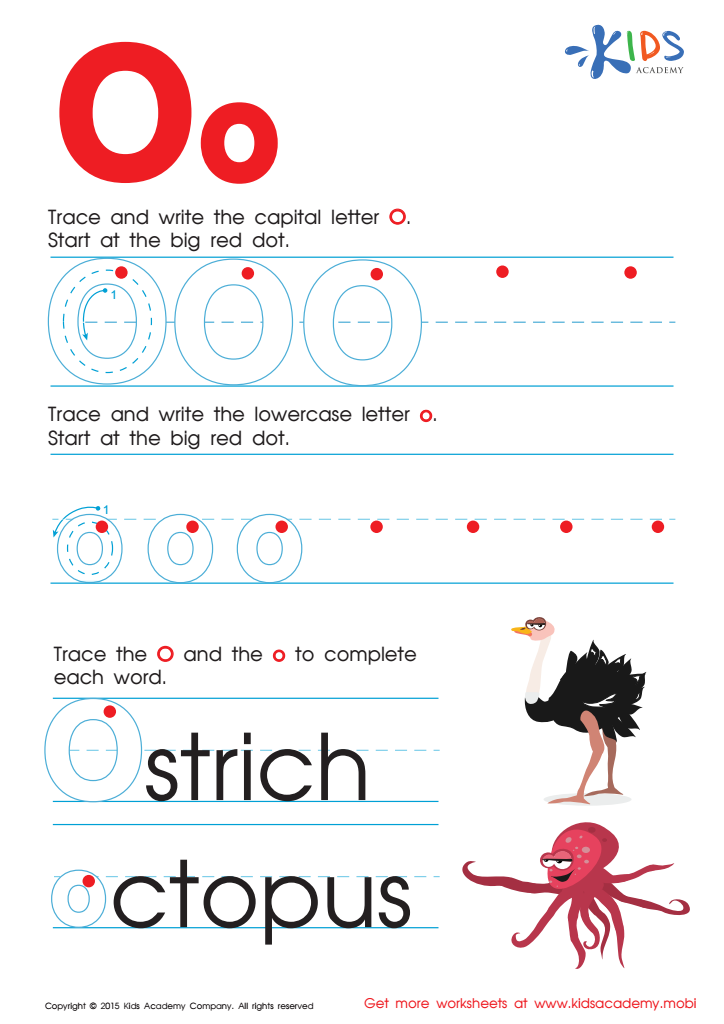

Letter O Tracing Page
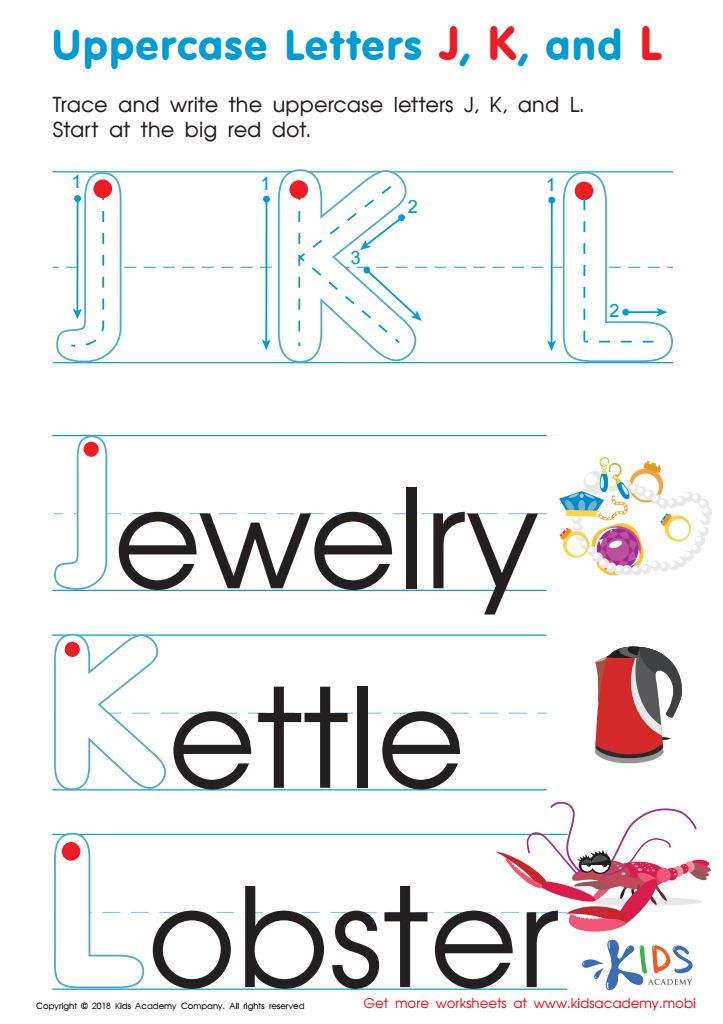

Uppercase Letters J, K, and L Worksheet
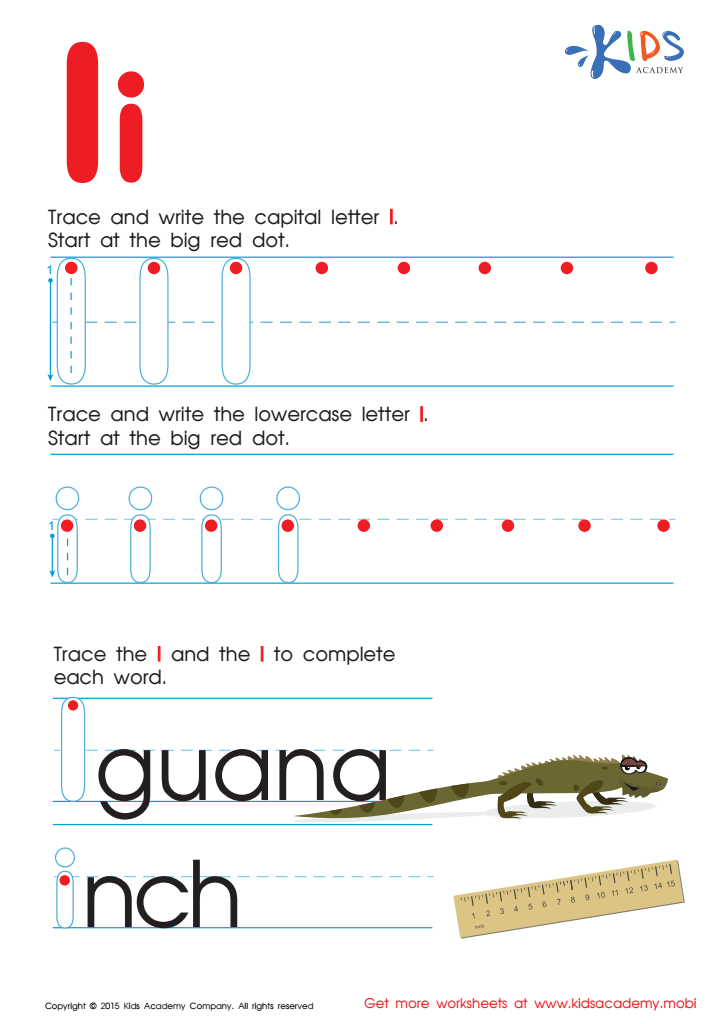

Letter I Tracing Page
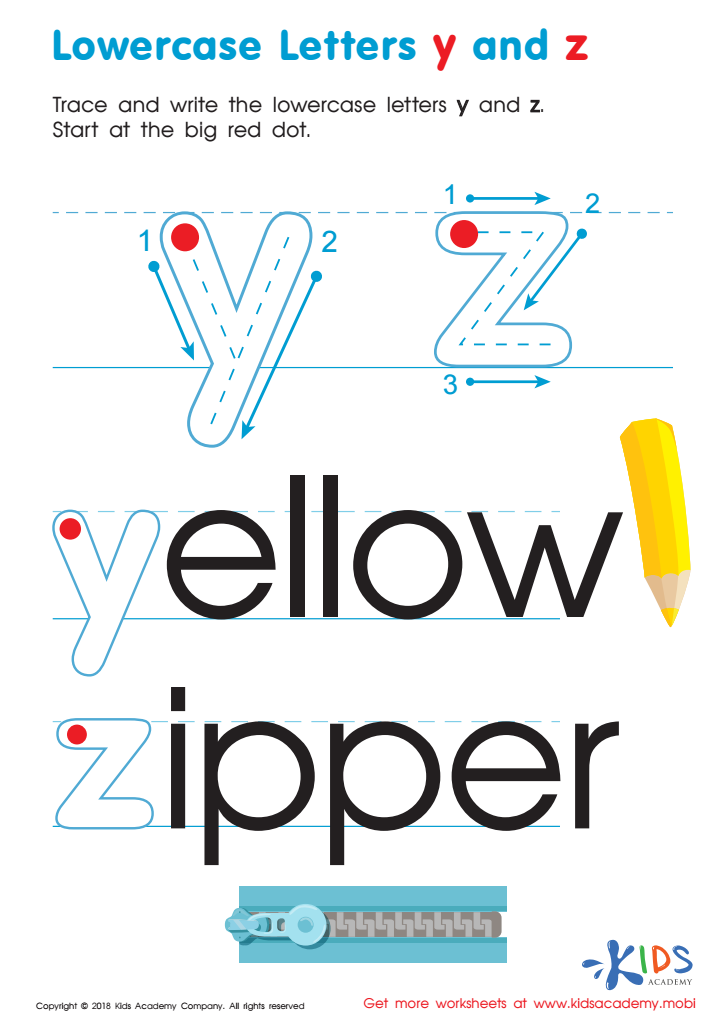

Lowercase Letters y z Worksheet
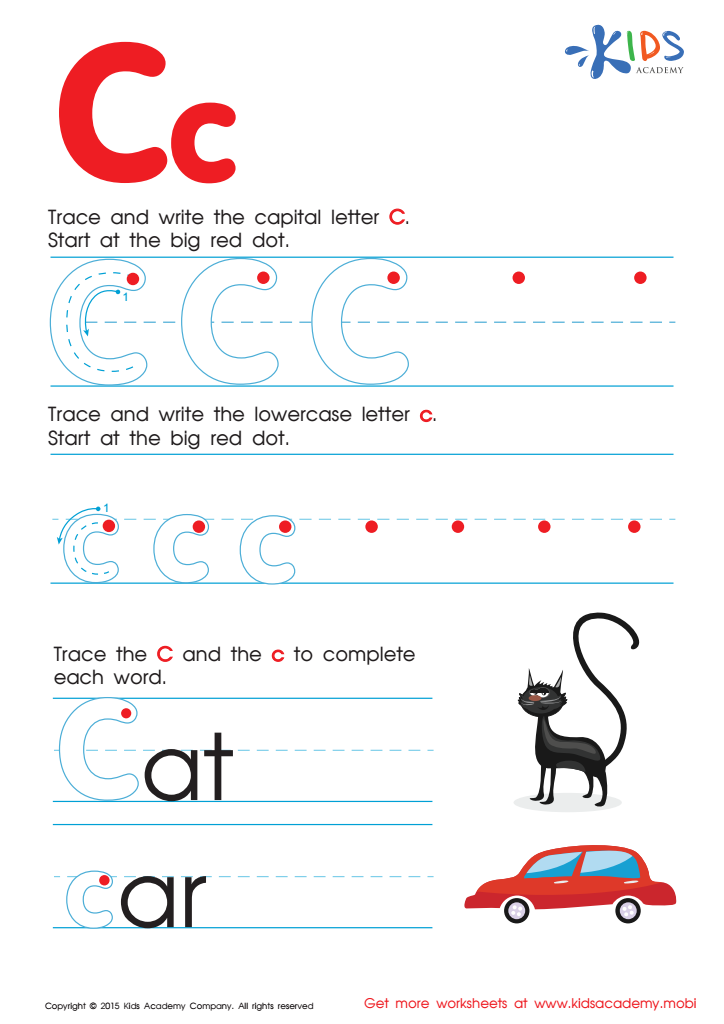

Letter C Tracing Page
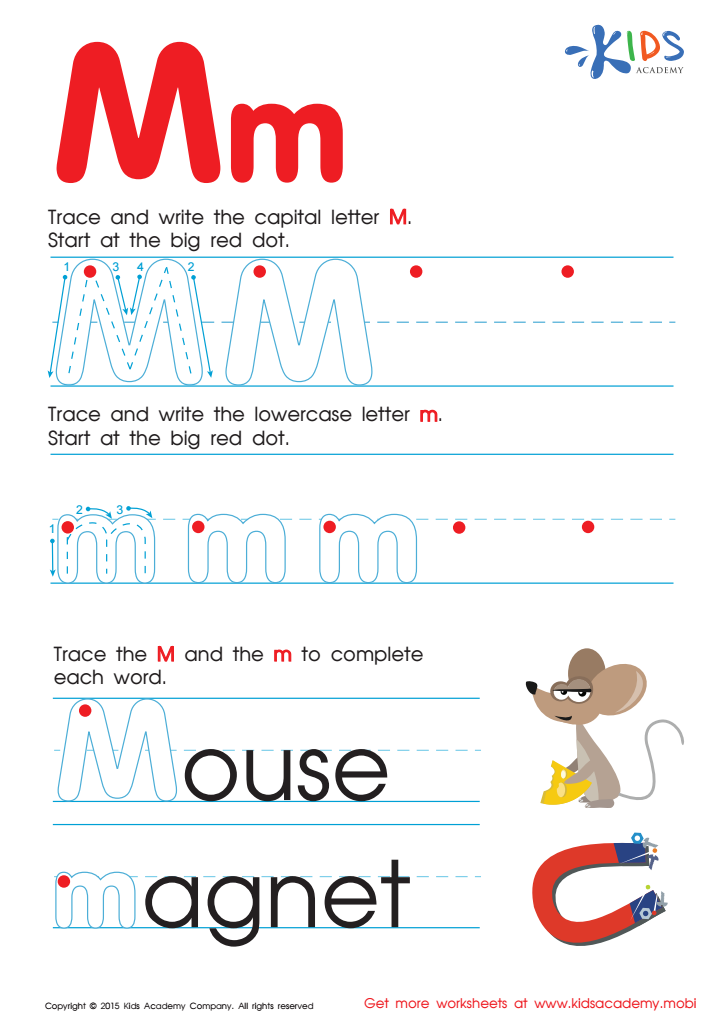

Letter M Tracing Page
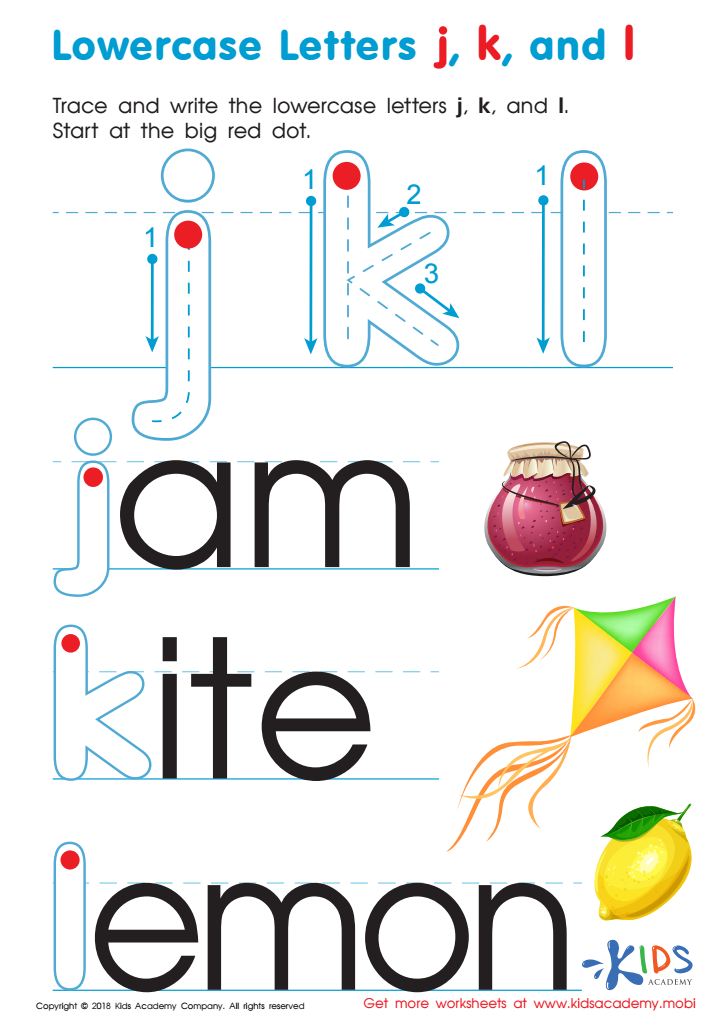

Lowercase Letters j k l Worksheet
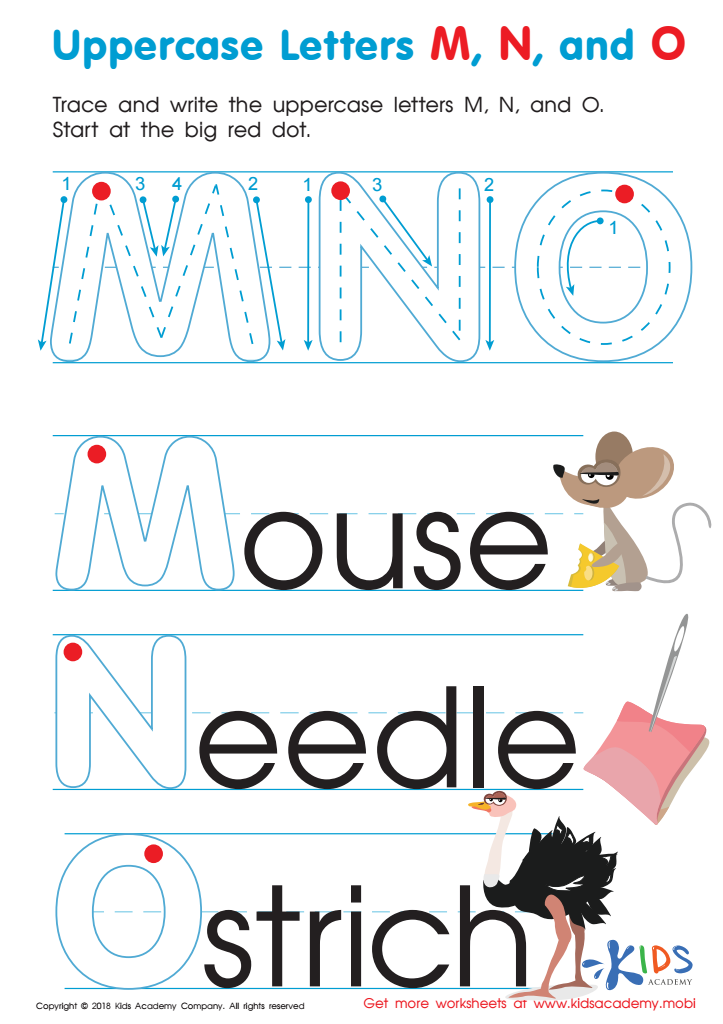

Uppercase Letters M, N, and O Worksheet
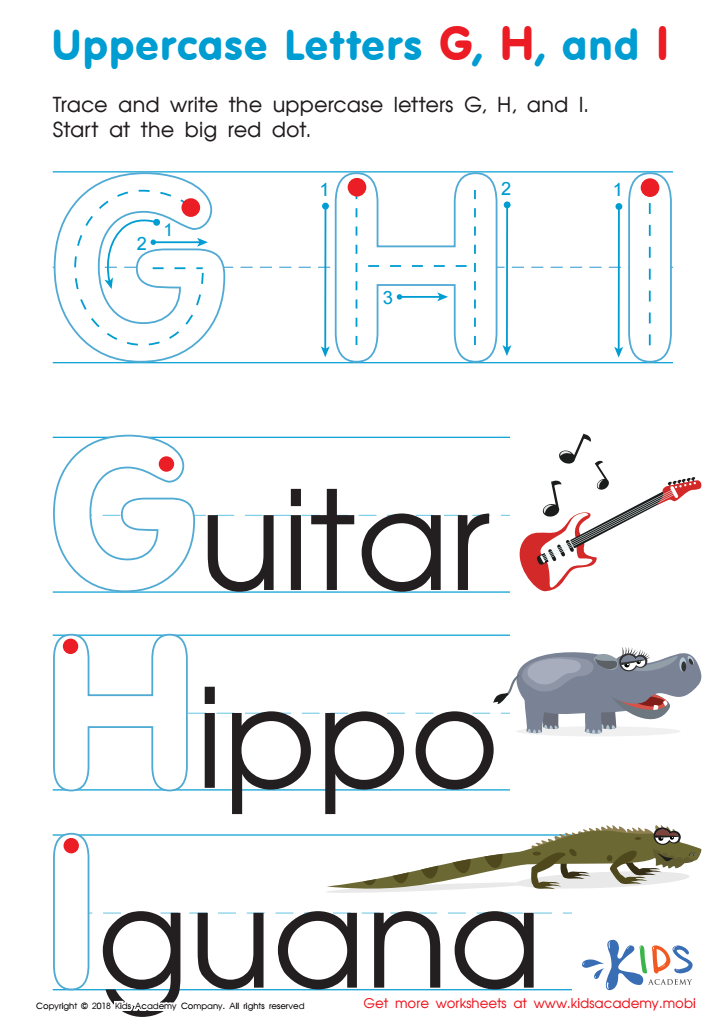

Uppercase Letters G, H, and I Worksheet
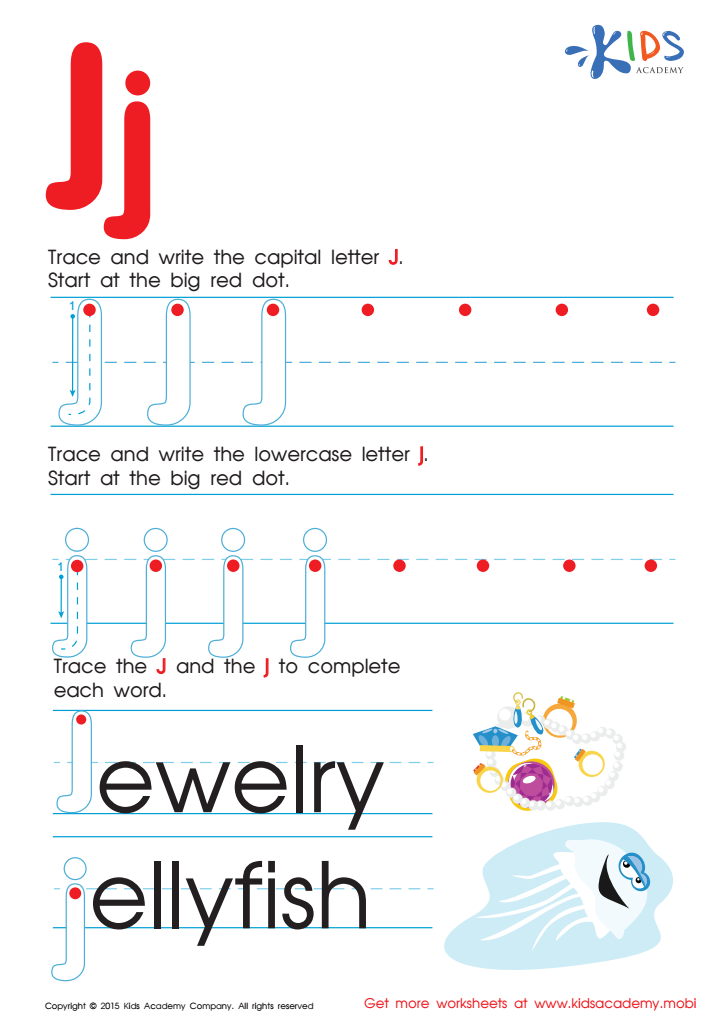

Letter J Tracing Page
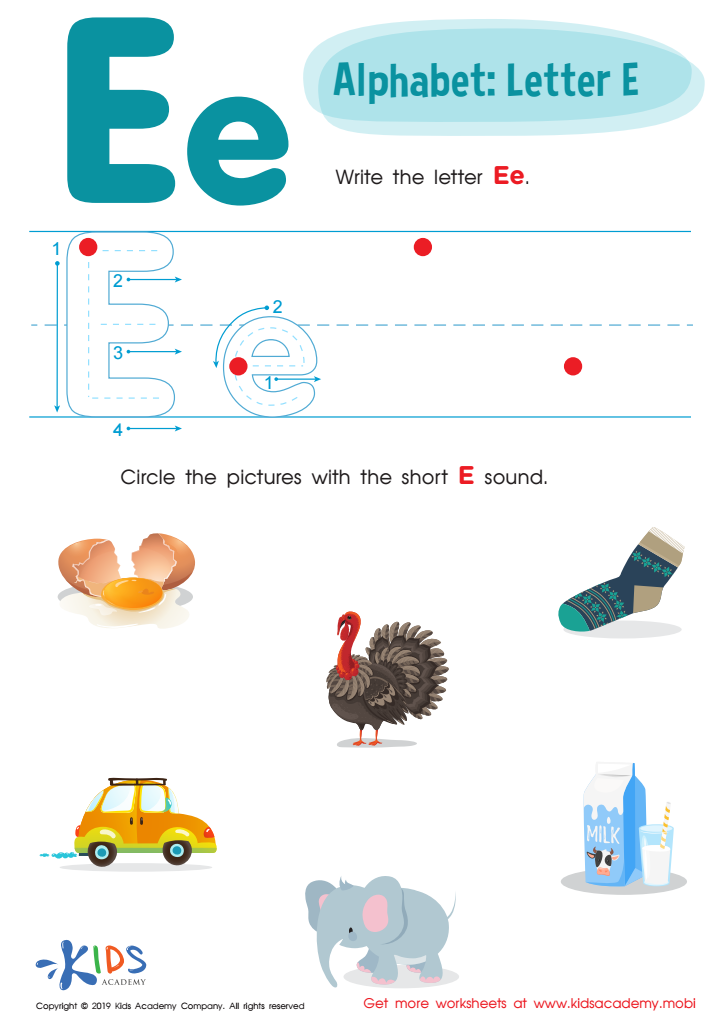

Letter E Tracing Worksheet
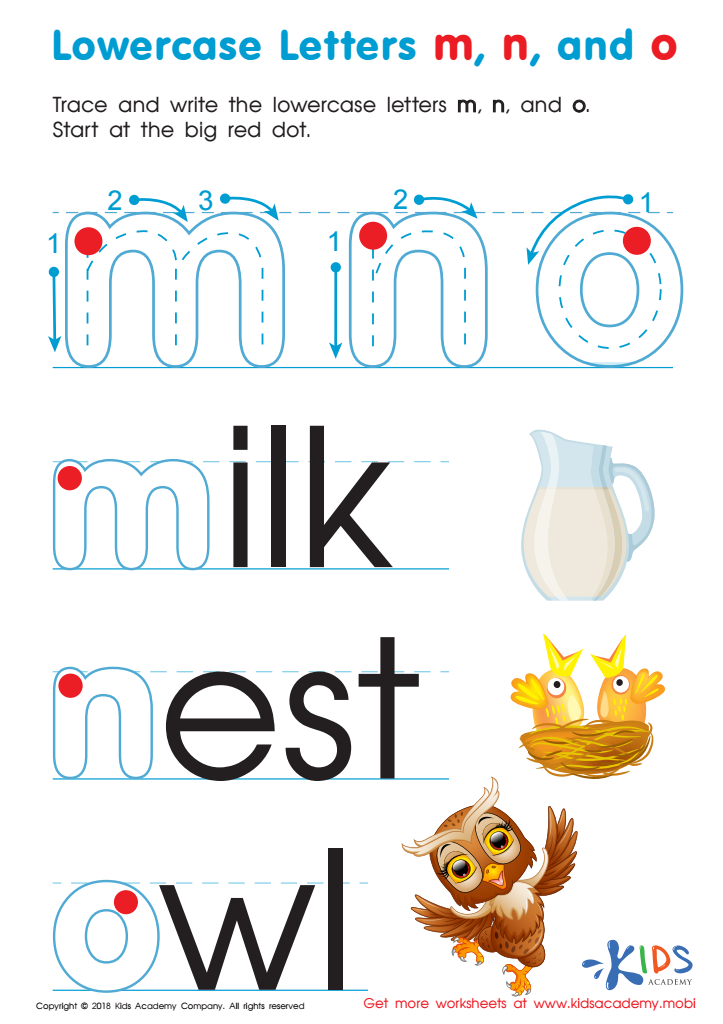

Lowercase Letters m n o Worksheet
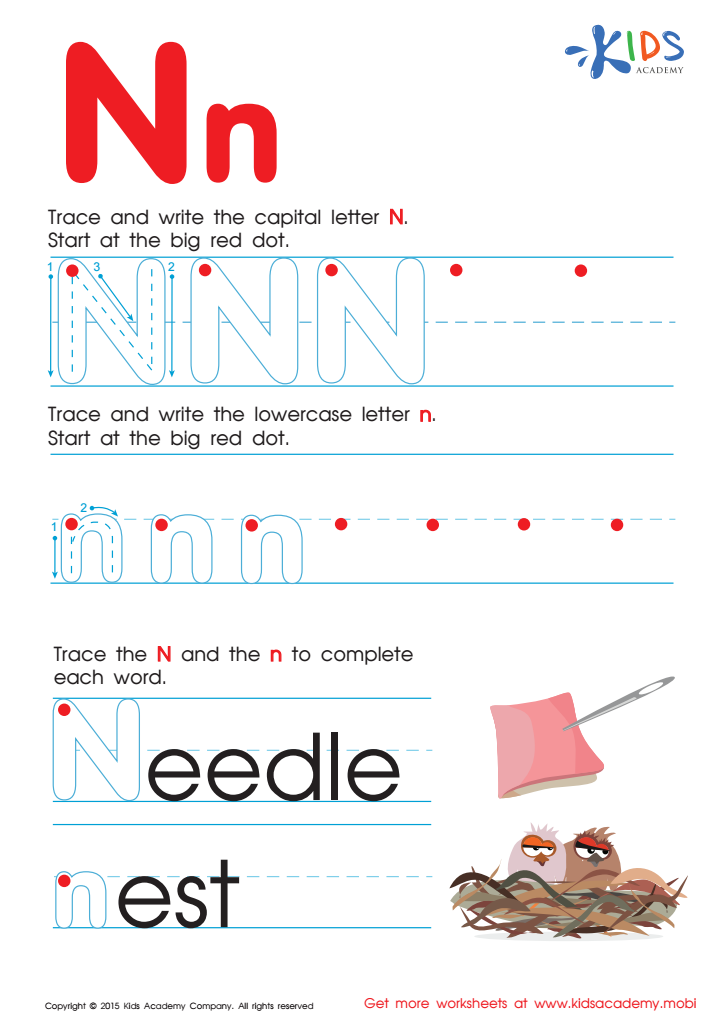

Letter N Tracing Page
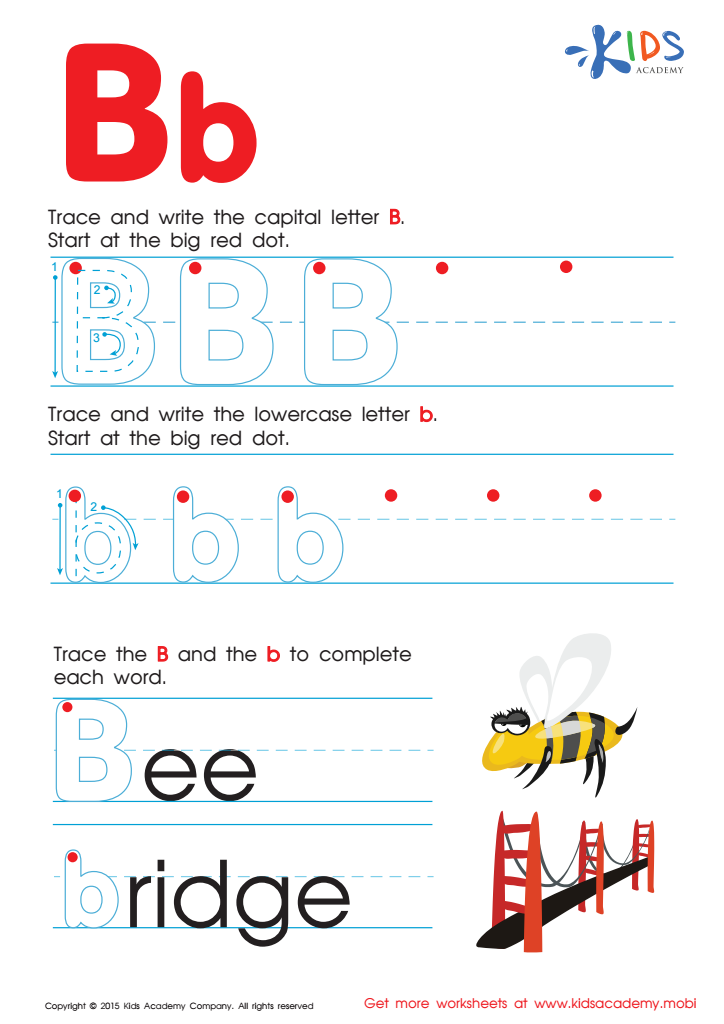

Letter B Tracing Page
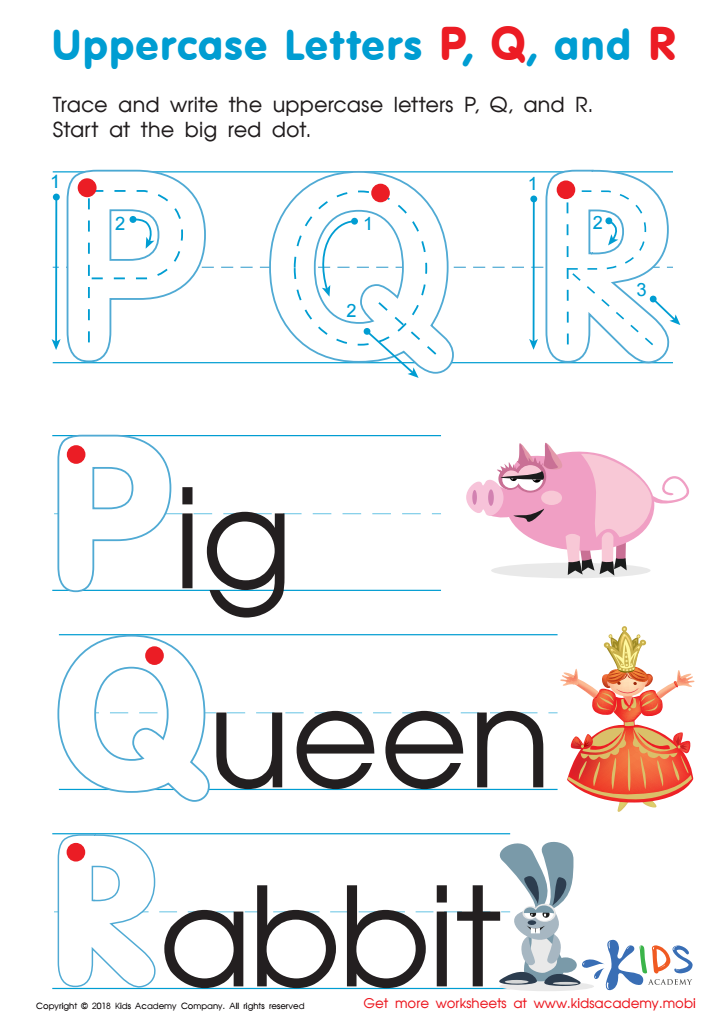

Uppercase Letters P, Q, and R Worksheet
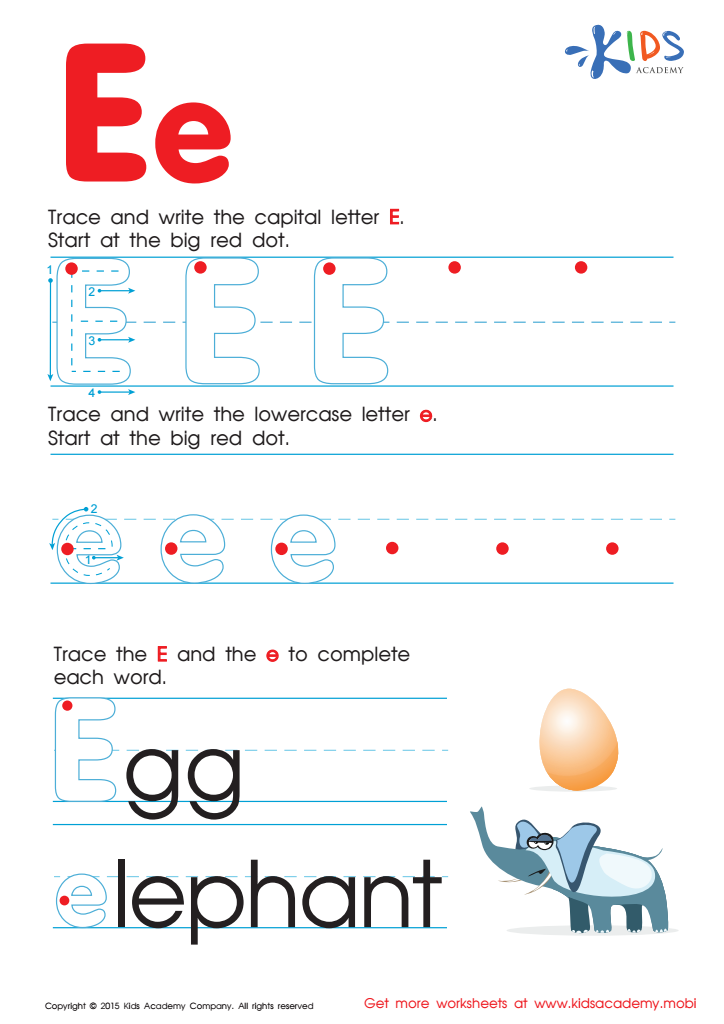

Letter E Tracing Page
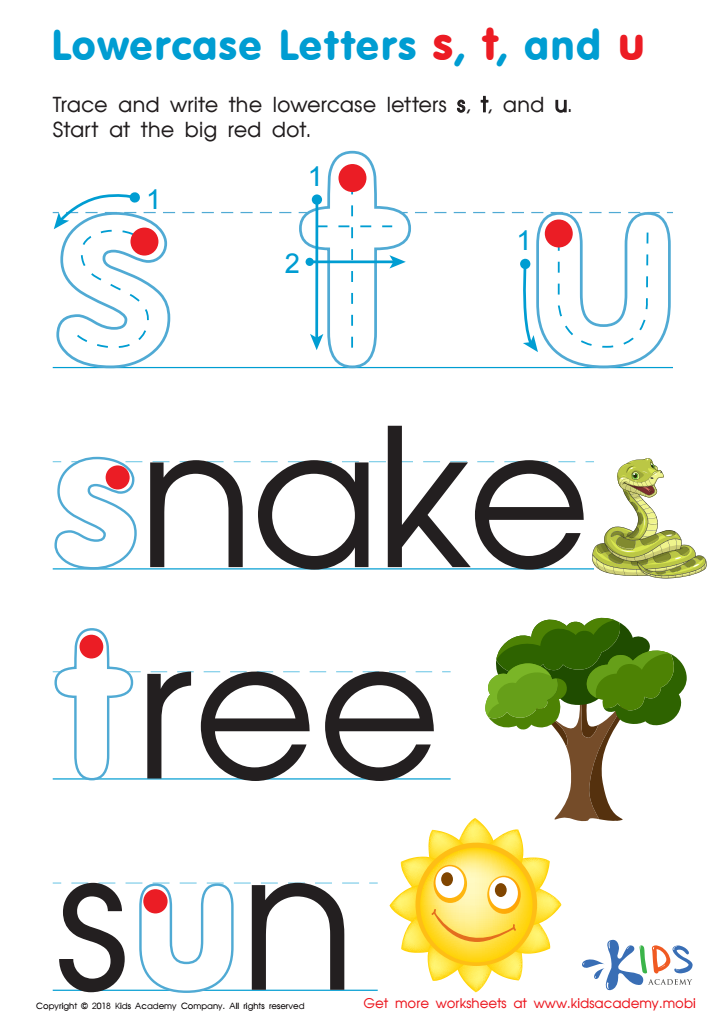

Lowercase Letters s t u Worksheet
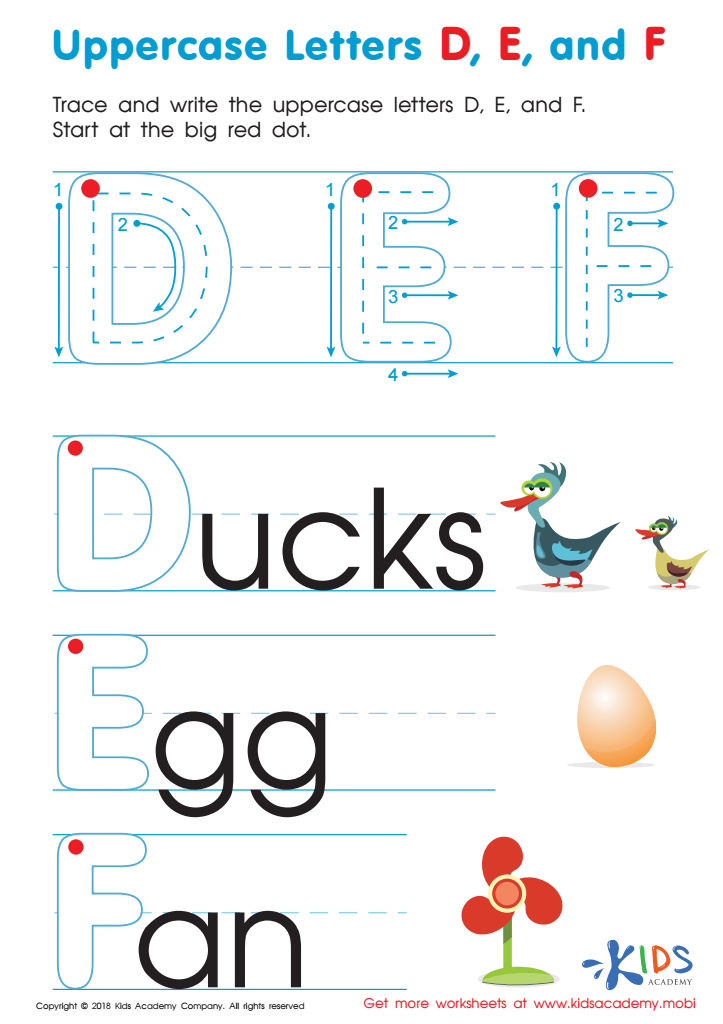

Uppercase Letters D, E, and F Worksheet
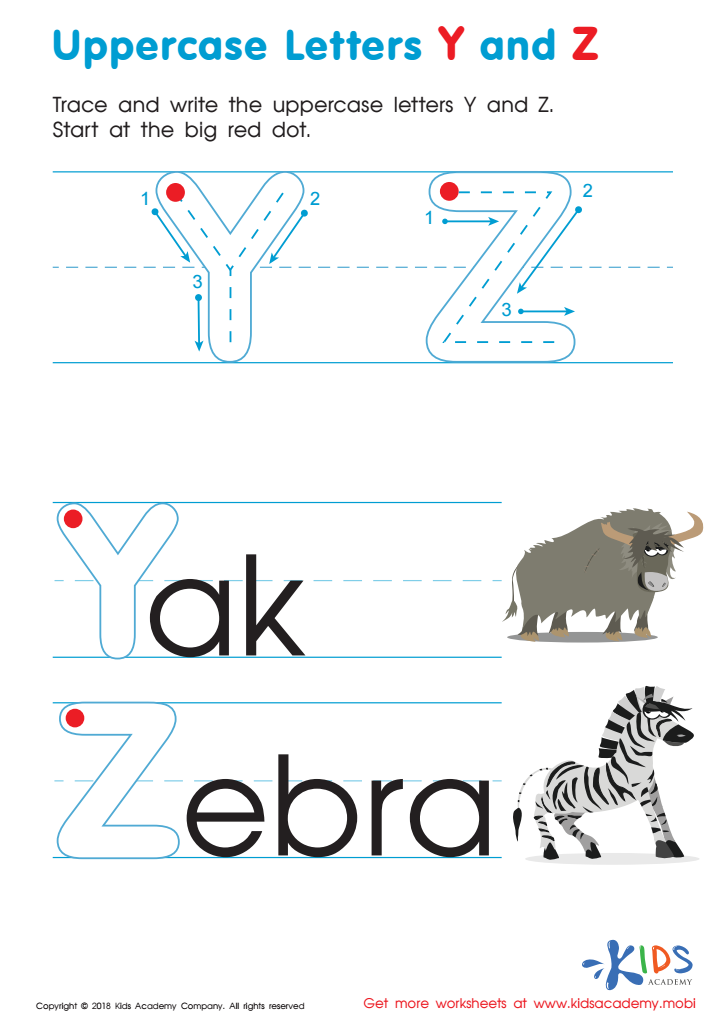

Uppercase Letters Y Z Worksheet
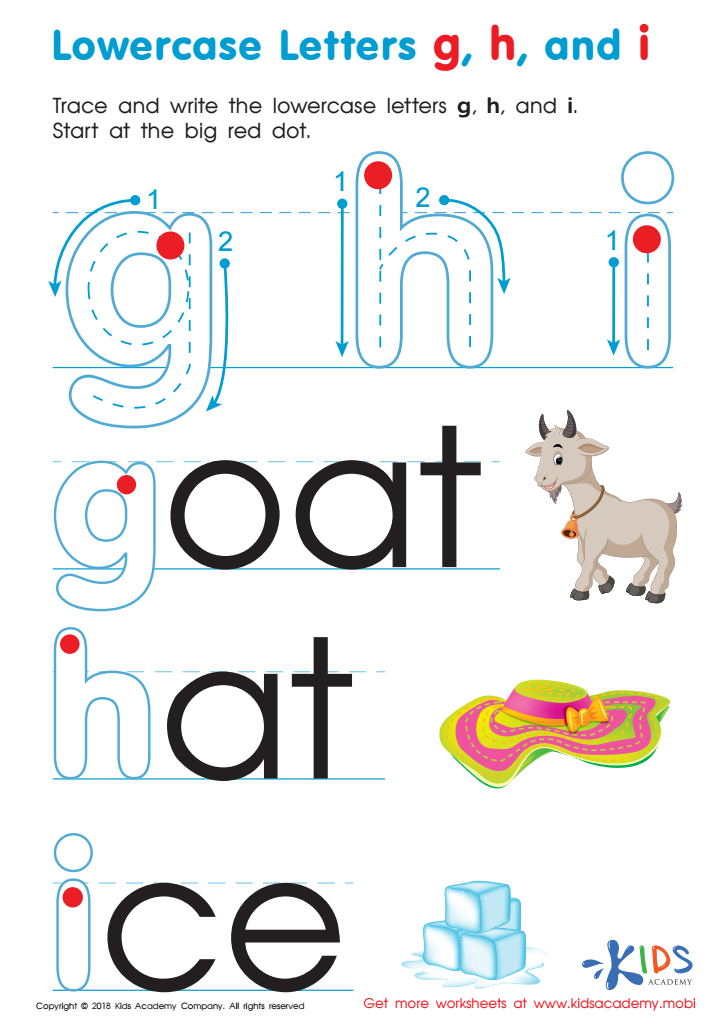

Lowercase Letters g h i Worksheet
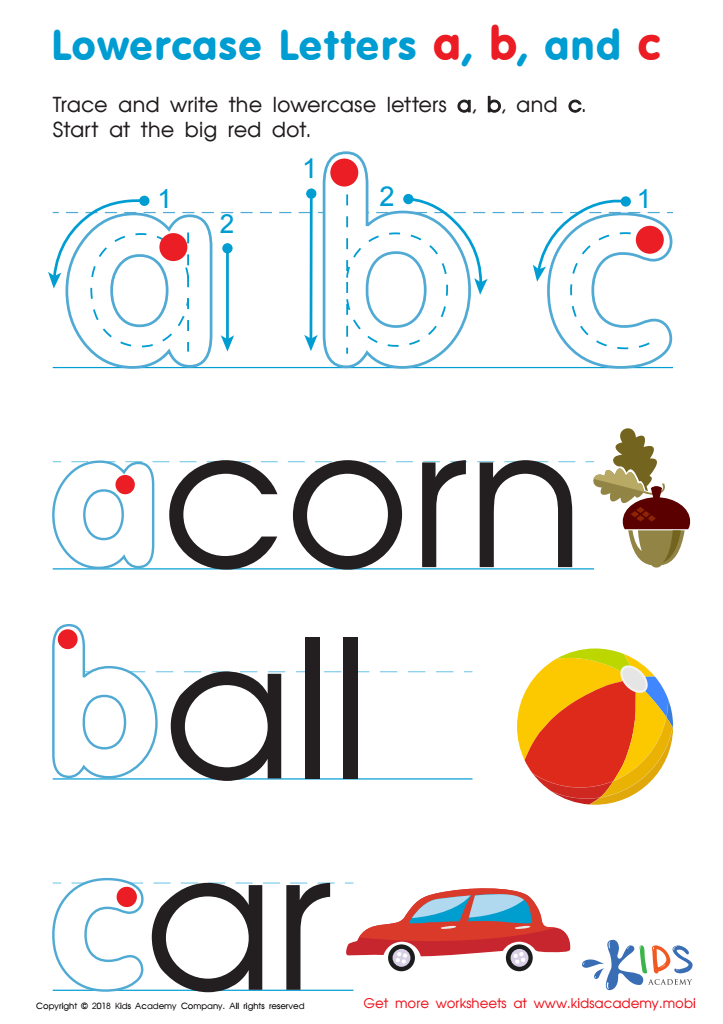

Lowercase Letters a b c Worksheet
Alphabet recognition and normal tracing of letters are fundamental skills for 6-year-olds and form a critical foundation for later academic success. At this age, children are in a crucial developmental stage where their brains are highly receptive to learning new skills, making it an ideal time to establish solid literacy basics.
Firstly, alphabet recognition is the ability to visually recognize and name the letters of the alphabet. This skill is crucial for reading readiness as it helps children understand that letters represent sounds and can be combined to form words. A sound understanding of alphabet recognition can significantly ease the transition into early reading skills like decoding words and improving vocabulary.
Secondly, the practice of tracing letters reinforces fine motor skills, essential for handwriting. When children trace letters, they develop control and coordination of the small muscles in their hands and fingers, which is important not only for writing but also for everyday tasks such as buttoning clothes and using utensils.
Moreover, the combination of visual recognition and physical practice through tracing helps to strengthen cognitive connections in the brain, thus improving memory and retention of the shapes and sounds of the letters.
In essence, engaging in alphabet recognition and tracing activities builds a strong educational foundation, fostering literacy, motor skills, and cognitive development, benefitting children both academically and in their daily lives.
 Assign to My Students
Assign to My Students






















